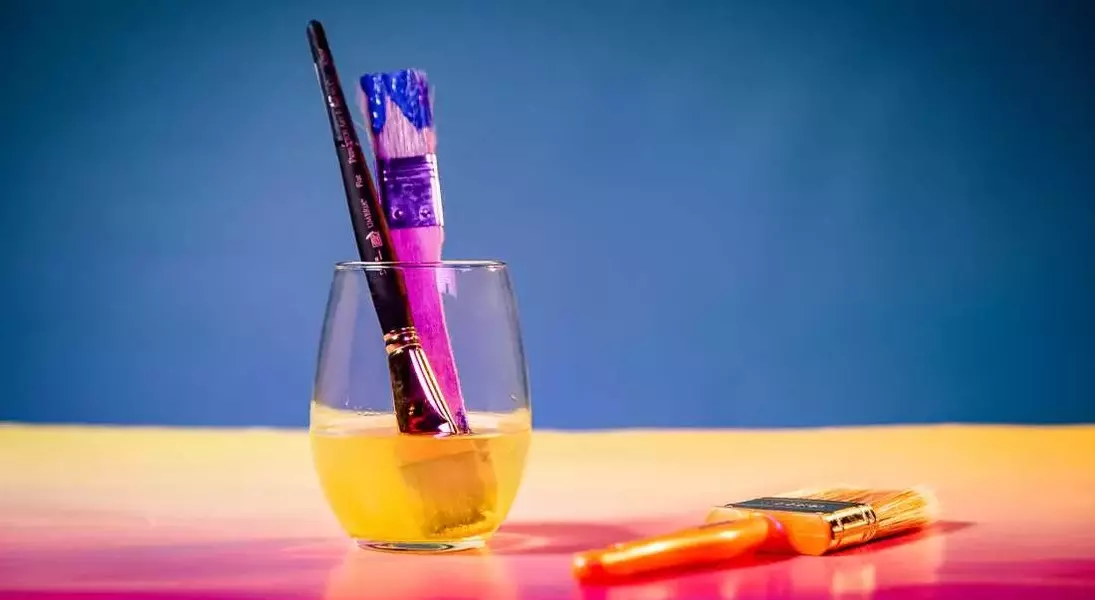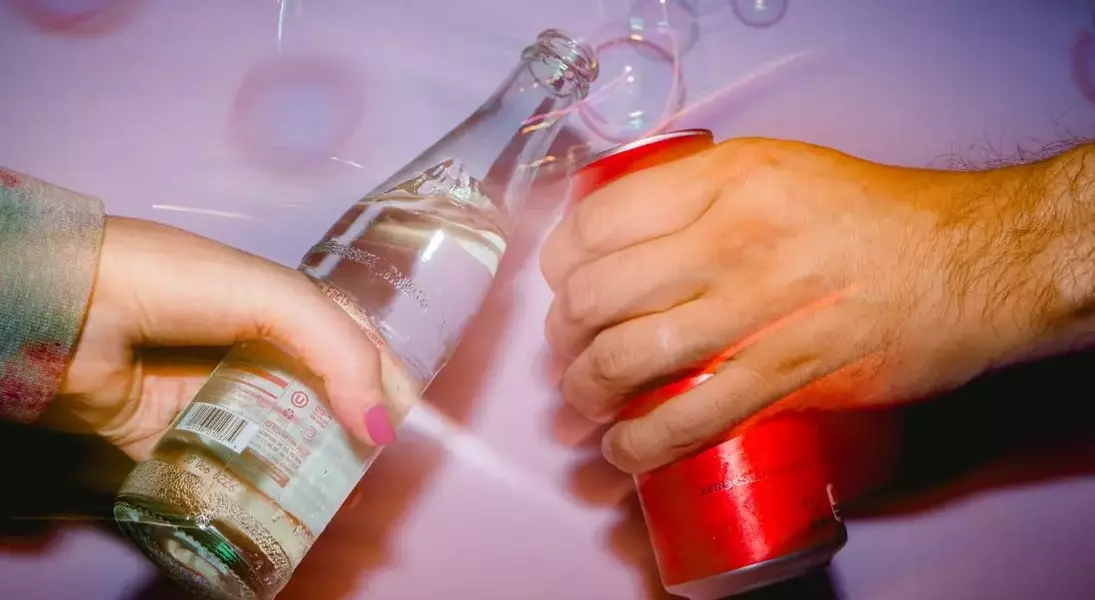If you're considering taking a break from alcohol, this guide will provide you with expert advice and practical strategies to help you navigate the challenges and reap the benefits of an alcohol-free month. Discover how abstaining from alcohol can positively impact your physical and mental well-being, while offering tips on maintaining social connections without relying on drinks.
Transform Your Life: Experience the Benefits of Sobriety
The Initial Adjustment Period
When embarking on a journey to reduce or eliminate alcohol consumption, the first few days can be challenging. Depending on your drinking habits, you might experience symptoms similar to a hangover, such as headaches, digestive discomfort, and fatigue. However, these effects are temporary. Within a week, many individuals report feeling more energized, sleeping better, and experiencing less irritability. This transition phase is crucial as it allows your body to recalibrate and adapt to new routines that promote relaxation and joy.The shift away from alcohol often leads to unexpected positive changes. As you explore alternative ways to unwind and connect with others, you may find yourself feeling more engaged and excited about life. Engaging in activities that bring genuine happiness can significantly enhance your overall well-being during this period of change.Long-Term Health Improvements
Research supports the notion that even a short hiatus from alcohol can yield significant health benefits. One notable improvement is better sleep quality. Studies show that participants who abstained from alcohol for a month reported enhanced restfulness. While alcohol initially induces drowsiness, it disrupts deeper stages of sleep, leading to fragmented and less restorative rest. By eliminating alcohol, you allow your body to achieve more consistent and rejuvenating sleep patterns.Another advantage is weight management. Data indicates that those who stop drinking for a month tend to lose some pounds. Alcohol contains empty calories that contribute to weight gain over time. Reducing or removing alcohol from your diet can lead to noticeable differences on the scale. Additionally, cutting back on alcohol can improve skin health. Research has linked excessive drinking to increased sensitivity to sunburn, higher risks of skin cancers, and conditions like psoriasis. Taking a break from alcohol can result in clearer, healthier-looking skin.Strategies for Success
To make the most of your alcohol-free month, start by reflecting on the role alcohol plays in your life. Consider writing down the pros and cons of drinking. This exercise can provide clarity on why you want to take a break and help identify areas where alcohol serves as a coping mechanism. For instance, if you rely on alcohol to de-stress after work, think about other stress-relief methods that align with your goals.Creating an environment conducive to sobriety is essential. Remove visible reminders of alcohol from your living space. If you typically keep bottles on display, store them out of sight or consider giving them away temporarily. Minimizing exposure to triggers can reduce cravings and make it easier to stick to your commitment.Social interactions are another key aspect to address. Instead of meeting friends at places centered around drinking, plan gatherings at venues that offer enjoyable alternatives. Coffee shops, parks, and fitness classes are excellent options. Use this opportunity to diversify your social experiences and discover new activities that bring joy without alcohol. Rewarding yourself with "sober treats" can also make the transition smoother. Treat yourself to experiences or items that provide pleasure and satisfaction, reinforcing positive behaviors and creating new rituals.You May Like




